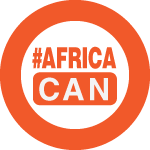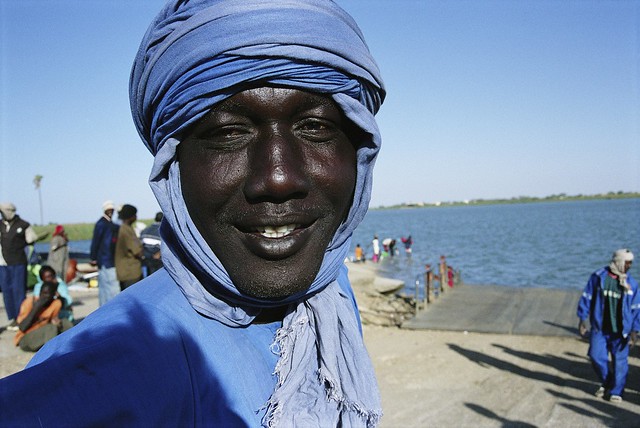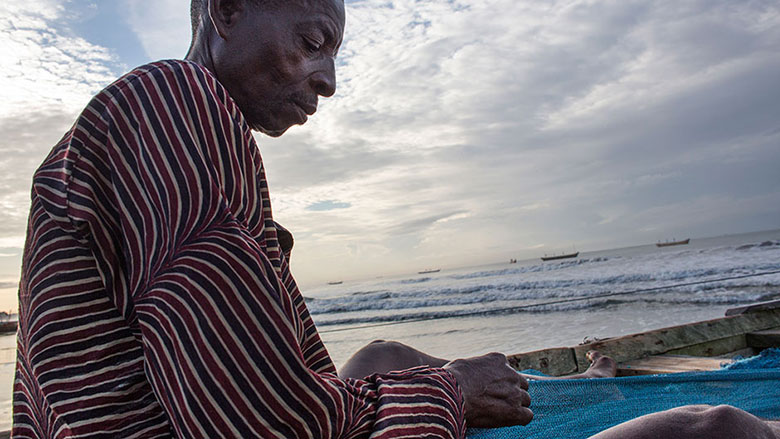The Republic of Seychelles is an archipelago of 115 islands northeast of Madagascar. The country has a total population of 121,355 people, three-quarters of whom live on the main island of Mahé. Seychelles has Africa's highest gross domestic product (GDP) per capita, at $16.7 billion (2023). Its economy is highly dependent on tourism and fisheries, and climate change poses long-term sustainability risks.
Political Context
Independent since 1976, Seychelles is a relatively young democracy. The first multiparty presidential election was held in 1993 after adopting a new constitution. The latest presidential and parliamentary elections took place in October 2020, bringing an opposition candidate, Wavel Ramkalawan, to the presidency for the first time since the introduction of democratic elections. Ramkalawan’s Linyon Demokratic Seselwa party also won the most seats in the national parliament. With well-established democratic institutions, Seychelles' political environment is expected to remain stable. The next general election will take place in September 2025.
Economic Developments and Outlook
Seychelles has the highest Gross National Income (GNI) per capita in Africa. Its economy relies primarily on tourism and fisheries, and on related activities that support these sectors. Since 2008, key macroeconomic and structural reforms to liberalize the exchange rate and factor markets have contributed to the country’s economic development.
The economy grew by an estimated 2.4% in 2024, supported by the service sectors, despite a moderation in tourism. New seasonal scheduling by key airlines reduced the number of flights to the islands, resulting in a 0.5% increase in visitor arrivals which was 1.5% below the government’s target. Despite weak tourism growth, the telecommunications sector played a key role in supporting overall economic performance, with increased mobile subscriptions and data traffic contributing a cumulative 5.6 percentage points to GDP growth by the third quarter of 2024, compared to the same period in 2023. Furthermore, the services sector experienced growth, primarily driven by administrative and support services, along with the financial and insurance sectors, contributing 2.1 and 1.0 percentage points to GDP growth, respectively, over the same period. However, a continued reliance on imports widened the current account deficit to 8.7% of GDP in 2024 from 8.4% in 2023.
Increases in utility tariffs in 2024 contributed to a rise in headline inflation to 0.3%. However, core inflation remained negative at -0.6%. Consequently, the Central Bank maintained the monetary policy rate at 1.75% following a 25-basis-point reduction in April 2024. The Seychelles government remains committed to fiscal consolidation objectives, achieving a primary budget surplus of 3.2% of GDP in 2024, up from 1.7% in 2023. Social assistance remained steady at 4.6% of GDP, continuing to support the most vulnerable members of society. In parallel, sound debt management practices resulted in a stable public debt-to-GDP ratio of 60% by end-2024, whereby domestic and external debt were evenly distributed, each accounting for 29% of GDP.
Development Challenges
Despite its high-income status, Seychelles faces some development challenges centered on enhancing productivity and boosting overall economic performance to foster greater shared prosperity. The island state faces growing vulnerabilities due to limited economic diversification, insularity, small size, remoteness, susceptibility to climate shocks, and exposure to external shocks, including fluctuations in international travel and the prices of essential imports like food and fuel. Although it has the highest GDP per capita in the region, addressing labor and skills shortages and boosting social protection are key elements to improve human capital development. While unemployment remains low at 3.2% and extreme poverty has nearly been eliminated, socioeconomic vulnerabilities persist. Substance abuse, teenage pregnancy, declining education outcomes, and high unemployment among youth and single female parents threaten human capital development, long-term economic sustainability, and household welfare.
Frequent disasters triggered by monsoon rains, floods, and landslides, compounded by events like the December 2023 explosion in an industrial area on Mahé island, underscore the need for climate adaptation and funding as well as enhancements in disaster risk management. In the near term, priorities include maintaining debt sustainability and reforming the social protection system to support the most vulnerable. In the medium term, the focus is to increase revenues, boost capital expenditures for climate change adaptation, and create fiscal space through prudent expenditure management and stronger revenue mobilization. Additionally, structural reforms in revenue administration, public financial management, and governance—alongside digitalization and state-owned enterprise reforms—are essential to Seychelles’ sustainable development.
Last Updated: Apr 09, 2025







